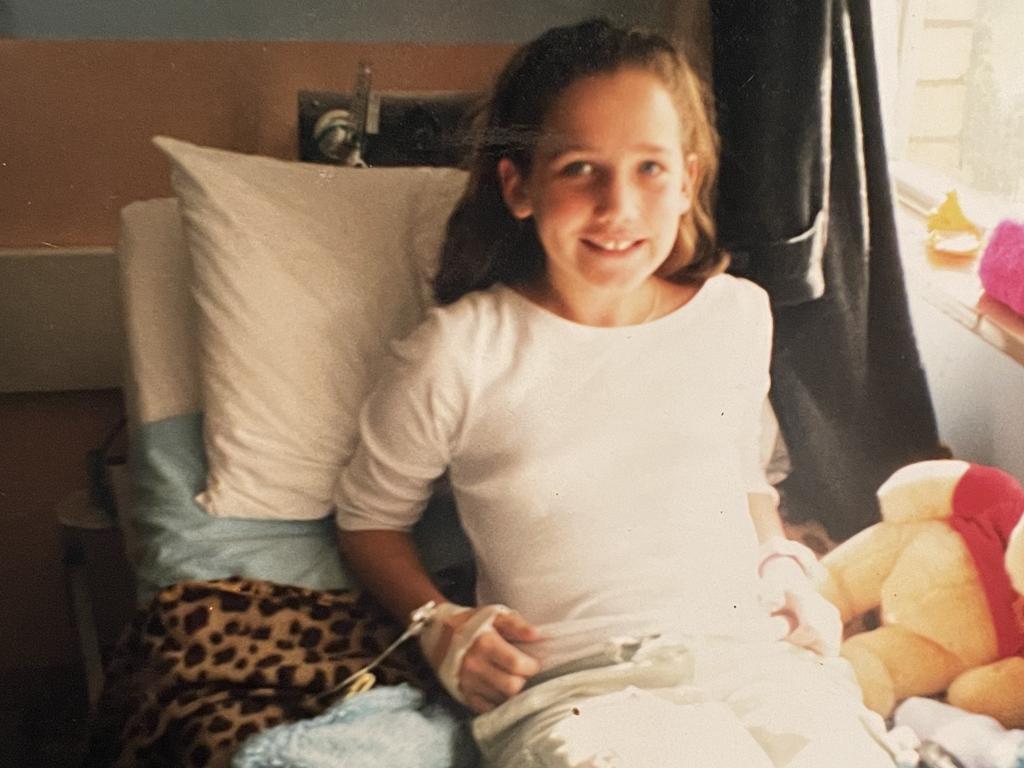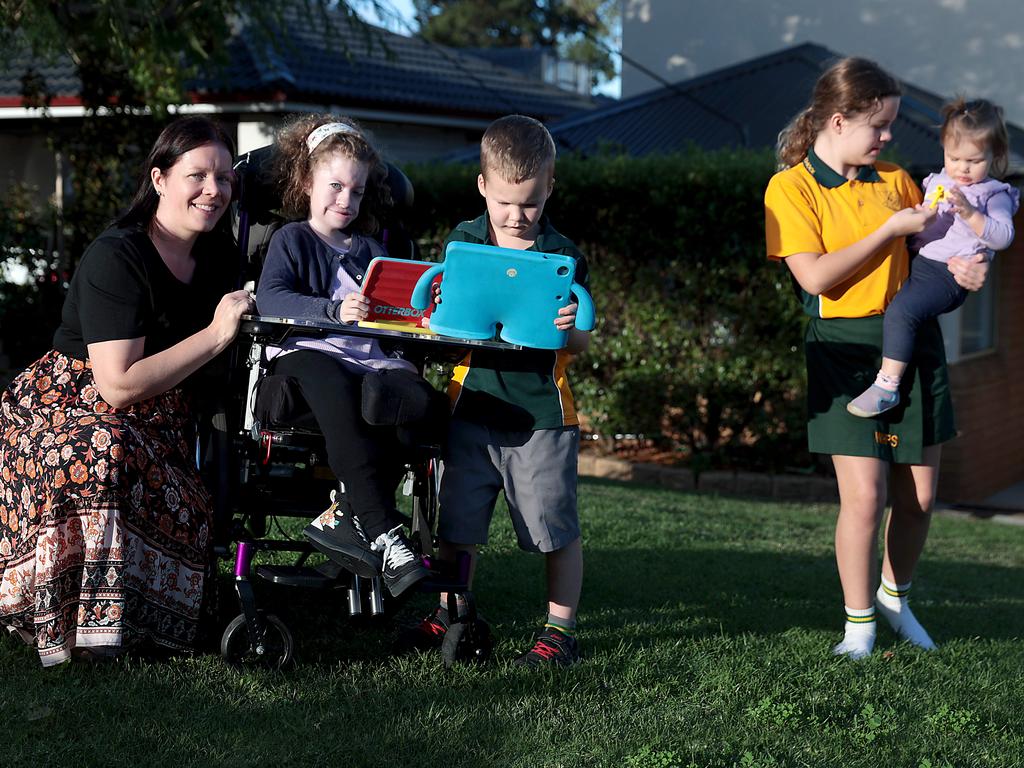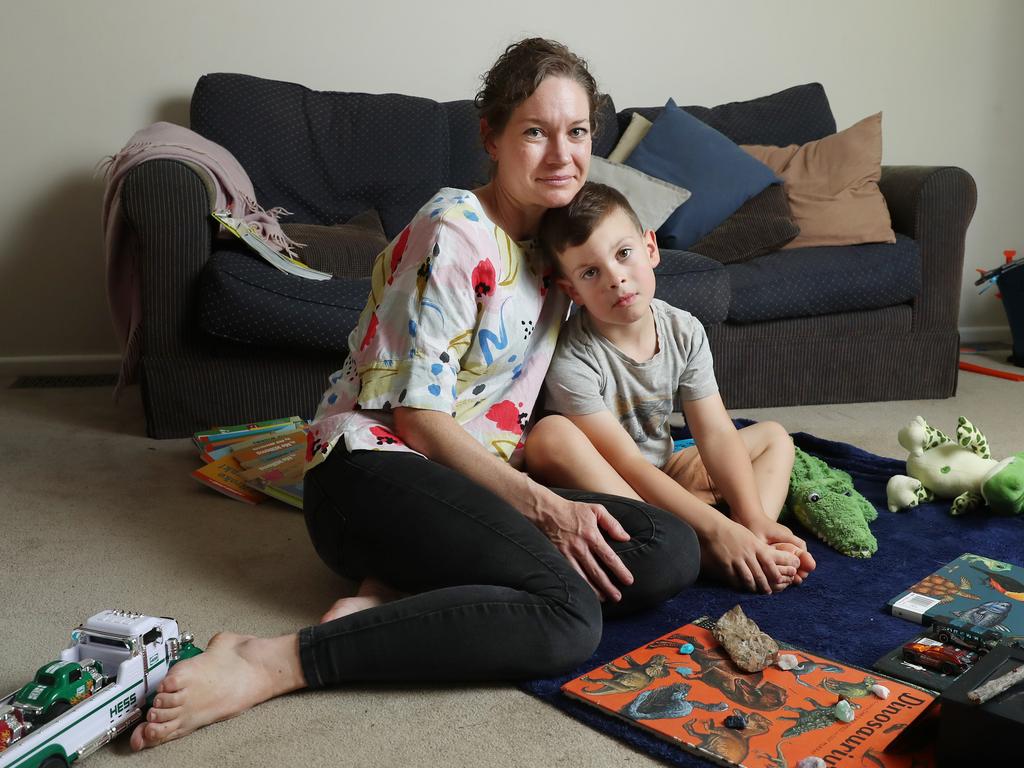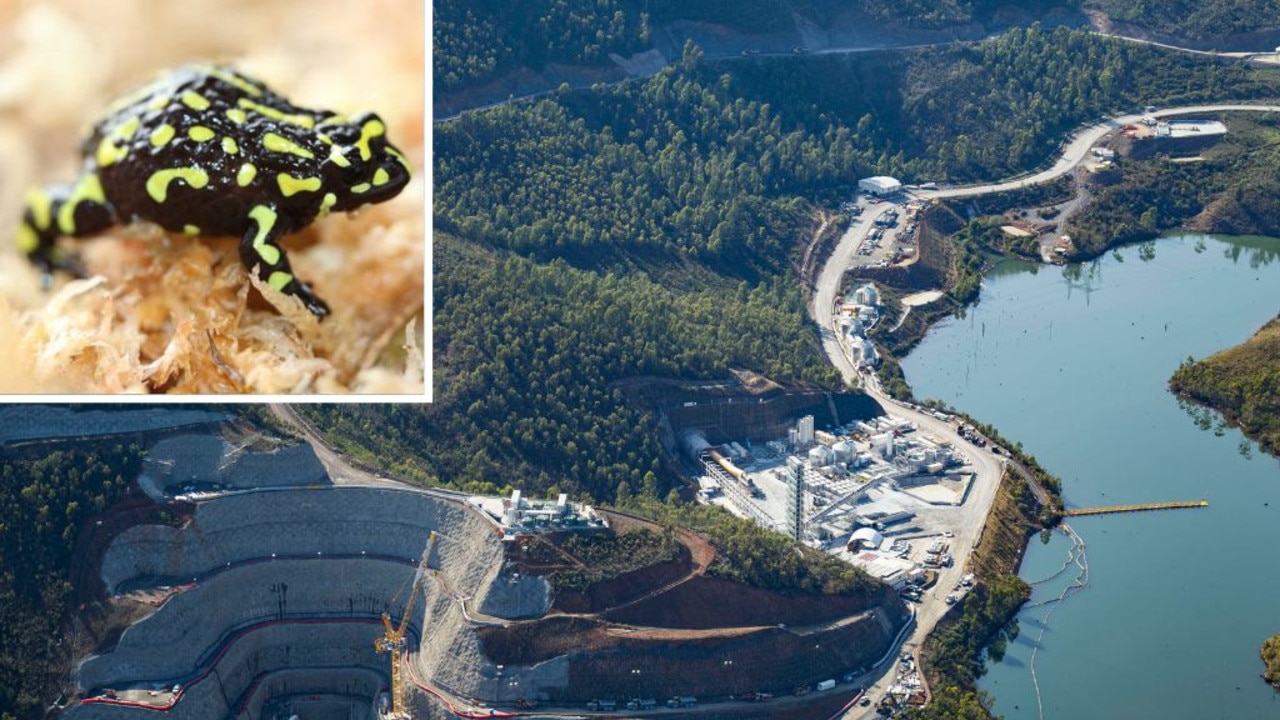Australia a world-leader in genetic screening as medicare to provide free testing
After the death of her seven-month-old, one mother has worked to make genetic screening free for all couples, hoping to catch fatal conditions in infants.
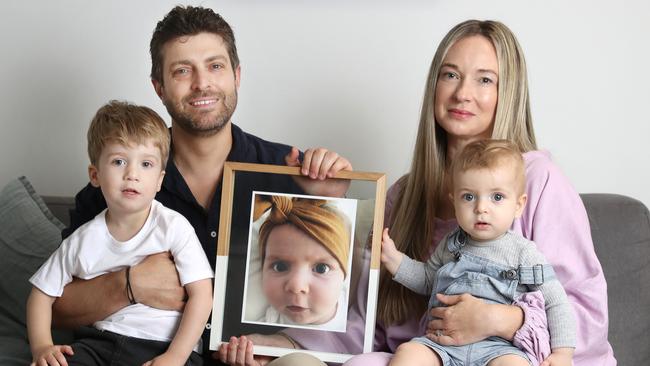
Genetic carrier screening tests for three of the most devastating birth defects will soon be provided free by Medicare thanks to one mother’s determination to save other families from fatal birth defects.
Genetic screening for cystic fibrosis, spinal muscular atrophy and fragile X syndrome will be available for the first time through the Pharmaceutical Benefits Scheme.
The Murdoch Children’s Research Institute, myDNA Australia and the Victorian Clinical Genetic Service are collaborating to provide 100,000 Australian couples with a range of genetic screenings, with results processed locally.
The partnership will run under the collective title of Lumi Health, and is fulfilling the goals of federal genetic screening program Mackenzie’s Mission.
Screening helps determine how the genetics of the parents will potentially affect children, and can safeguard from potentially fatal conditions that require costly treatment or remediation.
When Rachael Casella and husband Jonathan were first expecting a child, Ms Casella planned her pregnancy carefully.
“We did all the tests. I went to the dentist, I went to the GP, I got everything checked in order to have the healthiest pregnancy and baby possible,” Ms Casella said.
“We just lived in the blissful bubble of newborn life.”
Baby Mackenzie was 10 weeks old when Ms Casella received her first clue that something could be wrong. “I was seeing a lactation consultant, and they mentioned that (Mackenzie) wasn't moving the way that she should for a 10-week-old,” she explained.
“We had to wait two days for the earliest pediatrician appointment we could get and within five minutes of an appointment with him, she was diagnosed with spinal muscular atrophy. We were told that it was terminal.”
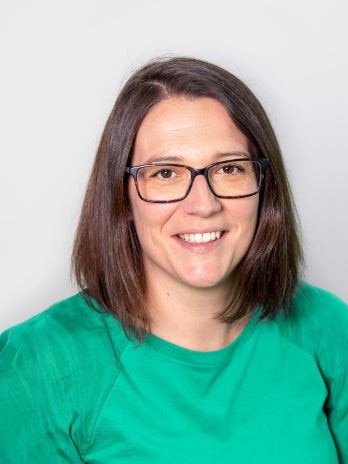
Mackenzie Casella died at seven months and eleven days.
“I still grieve … every day something else comes up that we've lost,” Ms Casella said.
“We are so thankful for the time we got with Mackenzie and we wouldn't change it for the world. But what we would change is the pain she had to go through, struggling for every single breath in the last few days of her life.”
Ms Casella became an advocate for genetic screening accessibility a month after Mackenzie’s diagnosis, after feeling frustrated at how accessible the information could have been.
“We found out after everything we did, it was literally a simple saliva swab or a blood test that we could have done,” she said.
“I wrote a letter, and then my parents hand-addressed it to 150 members of parliament, and dropped them off with a photo of Mackenzie in every envelope to Parliament House.
“Slowly we started to hear back from the members of parliament.”
After submitting an appeal to parliament in June 2017, Mackenzie’s Mission enjoyed bipartisan support, with former prime minister Scott Morrison putting aside $20m to pursue it.
“I cannot tell you how many times I have cried over the pride that I feel knowing my daughter has a legacy,” Ms Casella said.
“This gives all the kids, all the babies, that have passed away from those conditions, it gives them recognition.”
Roughly one in every 20 infants will be born with a birth defect of some severity.
VCGS group leader Alison Archibald has helped make Australia a world leader in genetic carrier screening, offering carrier screening for cystic fibrosis since 2006.
Progress at the Victorian Clinical Genetic Service, and its role in Lumi Health, has allowed researchers to screen more than a thousand genes for genetic anomaly, and they hope to make that full range of testing available through Medicare.
“If you only screen for (CF, SMA and FXS), it's kind of only the tip of the iceberg,” Dr Archibald said. “It makes a lot more sense to be screened for a wider range of conditions … because of advances in genomics and technology we are able to do that.”
Dr Archibald called it a “major step for reproductive autonomy”, which will also reduce the socio-economic boundaries involved in providing prenatal healthcare, as tests can often be incredibly costly, with long waiting times.
“We see families who were planning a pregnancy and asked all the right questions; asked what testing should be available, and could be done, and didn’t get told about carry screening,” she said.
“They then go on to have a child with a really serious genetic condition. That’s a really tough place to be in and it doesn’t seem fair that some people get access to this and some people don’t.”
Before Mackenzie’s Mission, SMA testing was recommended only for those with a known family history of the condition, but four out of five cases appear without a family precedent.
Universal testing for CF, SMA and FXS is now the official recommendation for primary carers regardless of family history.
Monash IVF medical director of genetics Tristan Hardy said the Medicare rebate was a good first step in making genetic screening an essential part of pregnancy planning. “However, the three conditions chosen are just the tip of one iceberg. There are so many other conditions that are easily and effectively screened in the same way,” Dr Hardy said.


